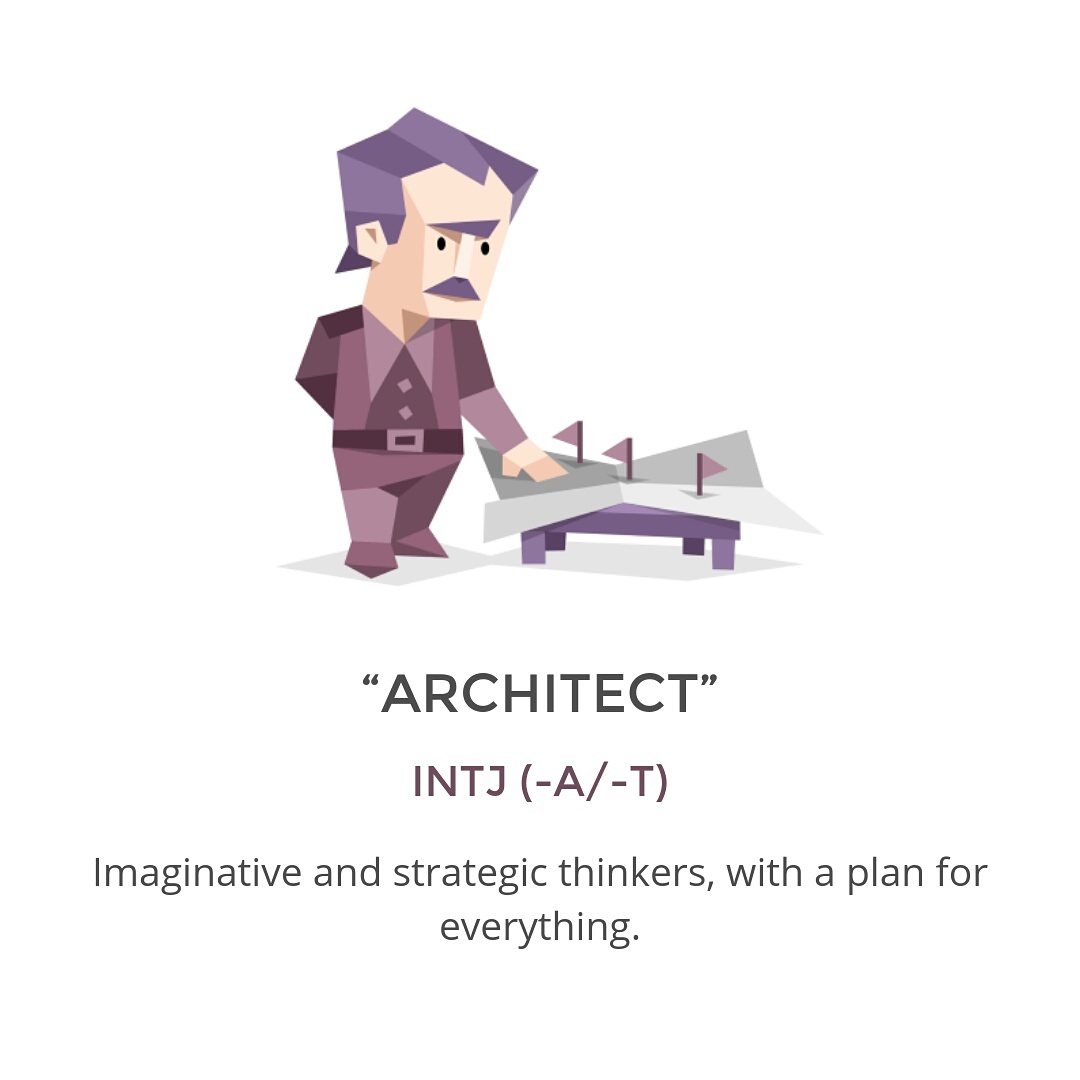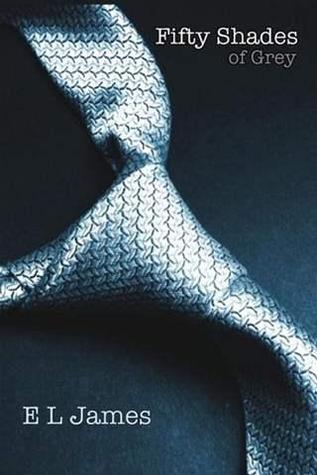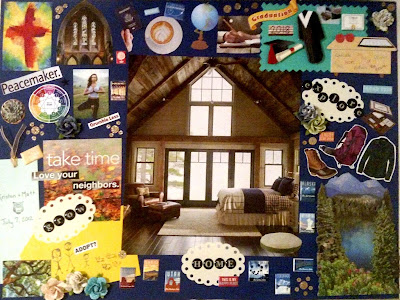My grandma had the perfect grandma voice--a lightly southern drawl with a lot of vibrato. Growing up, we always got a kick out of her command to "warsh up" for supper. And even though we chuckled, we also held a deep-seated conviction that this is exactly how grandmas are supposed to sound. When I was older, in high school and college, I would play my grandma's voicemails for my friends because the sound of her voice was just so perfect, soothing and familiar.
My grandma had the perfect house--tucked away on a hill in the small mining town of Globe, Arizona. Her house was seasonal flowers in her garden and tinkling wind chimes on the porch and a little yellow sewing room-turned-library just for her. A room of her own, filled with shelves and stacks of books. Her system was simple--one bookcase for "to read" books and one for "read," and I was welcome to read and keep any of the books on the latter bookcase. Her house had a closet full of board games and a dish full of candy, and it was the place to which Lauren and I would fantasize about running away when our parents made us clean our room or eat our peas.
My grandma always made time with her special. Whenever the grandkids stayed at her house, she would spoil us with little treats right before bed, which she called "midnight snacks." Later, we learned that these midnight snacks may have been more about her own sweet tooth than ours and that they weren't actually served at midnight. At the time, though, it felt like a magical hour. We had gotten to stay up to midnight with our grandma and share a sweet before bed.
My grandma was an artist. Her house with my grandpa was filled with her paintings and pencil sketches, beautiful landscapes and other scenes with A. Todd inscribed in the corner. She could also sing. One of the clearest memories I have of being with my grandma is sitting next to her in church and hearing her belt out the hymns in a way that no one else in the family could. She could fill her house with song, whether she was singing, humming, or whistling. No one in my family inherited her voice, but I see her artistic talent in my sister, and I seem to have her fondness for whistling tunes.
My grandma was whip smart and so funny, in that subtle, sardonic commentary sort of way. She had a phrase and a comment for every situation, and she was a formidable board game player. She had an eye for those double and triple-word score squares in Scrabble, and, after she played a particularly impressive word, she would do a celebratory arm motion that most resembled a bird pecking at you. I only beat her in Trivial Pursuit once, the last time we played, when I was a PhD candidate and she was over 80 years old. A lifetime of reading and her ability to retain information about mid-century cinema and current affairs made her damn near unbeatable.
My grandma was a constant presence of support and comfort, of inspiration and wisdom, of perfect, unconditional love in my life, which has made the past year so hard. About a year ago, she started to lose her balance and the falls started. With each fall, she would lose a little bit of what she enjoyed in life. She could no longer drive, she had to stop bowling, and, finally, she had to give up her home in Globe and with it her much-cherished independence. Yet, even though game nights became less frequent as her energy lessened and even though she missed her home in Globe, she was still my grandma. She always wanted to know what's new with you, and we spent our last visit discussing politics and joking about current events. But her last fall caused a stroke, and with the stroke she lost her ability to speak to us, to laugh, to ask us about our work, families, plans for the future. The stroke made the last time I saw her incredibly painful because my goodbye, my last expressions of love and gratitude to her, could only be met with silence and tears.
And now my grandma is gone. I will miss her contagious laugh, her running commentary on family affairs, her yawns like Santa Clause, pronouncing each yawn with a "ho." I will miss her voicemails checking in on me, her wishes of love at major life moments. I will miss her celebrations when she was beating us at board games, and I will miss the woman who has had such a stabilizing and reaffirming effect on my life. I will miss having her on this side of eternity, as Anne Lamott would say, but I am also grateful to have had her in my life. She was so special, and all of her children and grandchildren are lucky to have been loved by her for as long as we were.






















